Finding Partners That Scale as Your Business Grows

A question that comes up a lot, particularly for a business that’s just getting started, is, “How do I get a merchant account?” It’s a simple question, but it has a complicated answer. We prefer to take a holistic approach and get to know the business so that we can address specific needs and create a solution that fits. Here, we are going to talk about how to scale your solution as your business grows, but first, we want to provide a quick overview.
What are the options?
There are two ways to start accepting credit cards online, and both have their advantages and disadvantages. First is through a payment service provider (PSP)/aggregator, where your merchant account is shared with thousands of other similar business types. This approach is particularly useful for a business that has never accepted credit cards and may not necessarily have the infrastructure in place to provide customer service, address chargebacks, or have the ability to devote full-time attention to the account. We understand that sometimes, when someone launches a site, it’s more of a side hustle than a primary source of income. The disadvantage to this approach is that the business doesn’t have control over the merchant account because it’s not a direct merchant account. The transactions are aggregated with thousands of other businesses. Because of this, some of the chargeback prevention software that’s available to businesses won’t work – more on that in a minute.
The second way to begin accepting credit cards is with a direct merchant account. This is an account that is established specifically for your business and it belongs to you. The only transactions going through this account are your own. This requires a little more work because, in addition to a merchant account, you’ll need to decide on a gateway to integrate into your website to accept credit cards. The disadvantage to this approach is the business is responsible for providing its own customer service and needs to keep a closer watch on the performance of the account. The best part is that almost every aspect of a direct merchant account is customizable. A business can decide which gateway to use, which shopping cart to use, and which chargeback prevention services to use.
What does it mean?
The two ways to accept credit cards are important distinctions to make because as your business grows, you may want to adjust how you handle payments. With a direct merchant account, you can add chargeback prevention tools like CDRN, Ethoca Alerts, and RDR. You can also use a hosted payment page or integrate to the gateway and present a seamless payment experience for your customer. In short, you have more options and control.
Which one is better?
That’s totally up to the business! We think an aggregator is a great place for a neophyte to get their feet wet, learn the ropes, and gain the experience recommended to run a direct merchant account and, eventually, several direct merchant accounts across their digital properties. But if you’ve “been there, done that,” then a direct merchant account backed by a team with decades of experience is your best bet. Traditionally, a direct merchant account offers lower rates than an aggregator, but an aggregator offers many premium services that a direct merchant account doesn’t. What it really comes down to is a business’ needs and goals. Once those are defined, a business can compare the services offered by each provider and decide based on what fits best to help achieve those goals.
How does this help me scale?
It’s crucial that whichever merchant services provider you decide on is able to accommodate your growth, provides guidance on how to mitigate chargebacks with both tools and education, and is knowledgeable in Visa and Mastercard regulations. As sales go up, refunds and chargebacks go up.
Another great tool you can use, especially if your business is reliant upon recurring memberships, is the Visa Account Updater (VAU) for merchants. What this service does is your gateway connects with participating banks, and when a payment credential on file (often a tokenized card number) is about to expire, this service will contact the issuing bank, get the updated payment information, and add it to your customer’s profile. This means subscriptions for your customers will not be interrupted due to expired card numbers.
Additionally, when a business opts for a direct merchant account, the tokenized payment credentials, customer names and e-mail addresses, and everything else it needs to continue running its business belongs to you. An aggregator may not always be very accommodating if you request to transfer those tokens to a new gateway, which is costly and time-consuming.
What should I do?
Do some research and ask around. Schedule meetings or calls with the different payment companies and find one you can vibe with. Ultimately, a business owner will be faced with making the decision that best serves the business.
TL;DR
- Aggregators are good for beginners to gain experience.
- Direct merchant accounts are better for those who have experience.
- Both options have their pros and cons.
- The choice depends on the business needs and goals.
- Choose a merchant service provider that can accommodate your business' growth.
- Mitigate chargebacks with tools and education.
- Maintain chargeback ratios.
- Research and compare payment companies before making a decision.
Return to Blog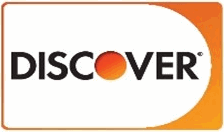
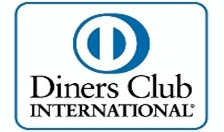


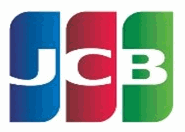
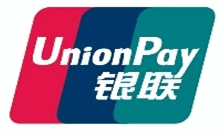
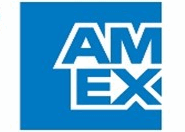

* Created by
